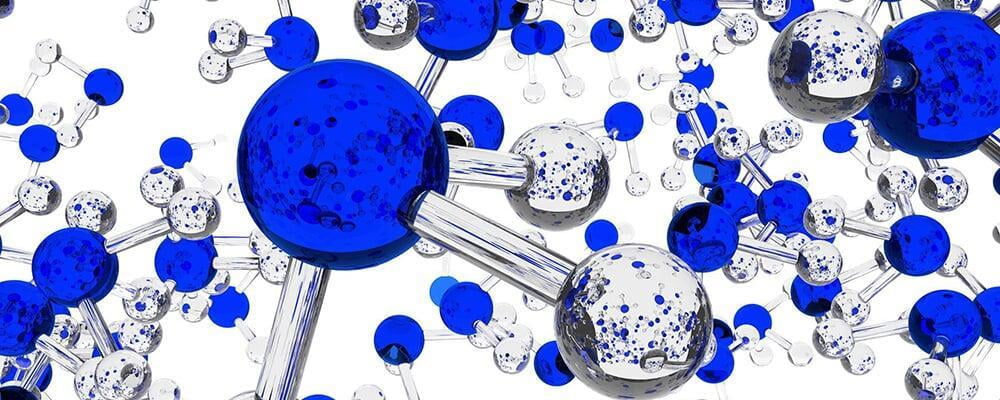Ammonia - Did you know?
Ammonia (NH3) is a colourless, toxic and flammable gas formed by the reaction of nitrogen with hydrogen.
Although ammonia has a strong smell like mothballs it is particularly harmful at excessive levels and prolonged exposure to humans and needs to be detected using ammonia gas detectors. We have gathered some useful information regarding ammonia for your reference.

10 vital facts:
- Ammonia is less dense than air, so will naturally rise
- Ammonia is the second largest manufactured chemical after sulphuric acid. This volume also makes ammonia the most common gas to leak in an industrial environment. There are more ammonia leaks annually than any other toxic gas
- Ammonia is more soluble in water than any other gas. When ammonia enters the body it reacts with the water present to produce ammonium hydroxide which is a corrosive alkaline
- The symptoms of ammonia poisoning are; coughing, lung and throat irritation and the sensation of burning.
- One breath of 10,000ppm (1% by volume) of ammonia is enough to kill someone
- Ammonia and carbon monoxide cause the most gas related injuries each year, more than any other gases.
- Ammonia is also known as refrigerant R717. Unlike CFC’s ammonia contains no carbon and is not a greenhouse gas, however, it is more toxic and explosive than typically inert CFC’s.
- Survivors of ammonia poisoning can be left with chronic after-effects such as lung damage for the rest of their lives. Ammonia has been linked with COPD (Chronic obstructive pulmonary disease)
- The highest speed ever recorded by a manned, powered aircraft was the X-15, which flew at Mach 6.7 or 4520 miles per hour, and was fuelled by ammonia.
- Ammonia is explosive at just 15% by volume
The dangers of ammonia are not widely recognised or understood. This is why 3Bz have created a simple, easy to understand ammonia awareness training programme, which is available in the classroom or online. For more facts about ammonia and other gas hazards follow 3Bz limited.
#EasyGasSafety
